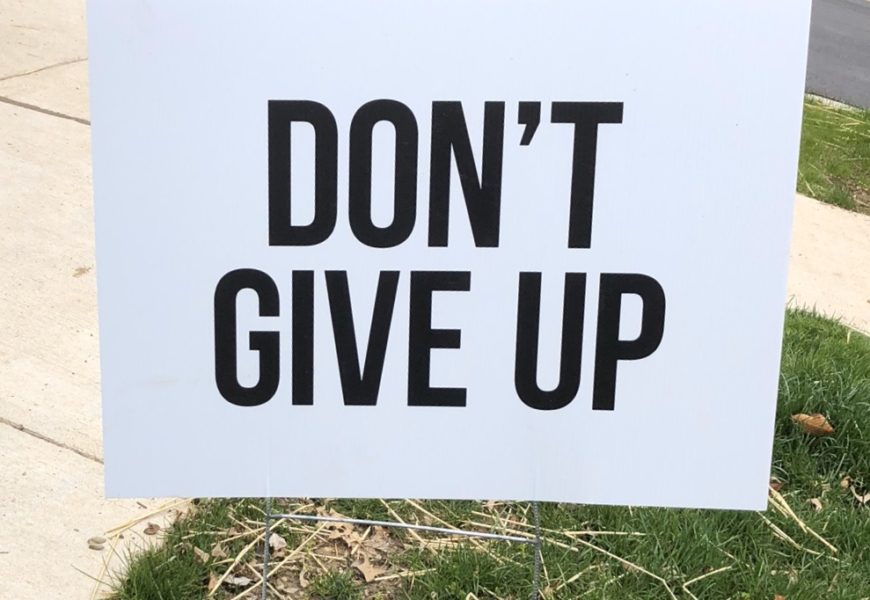Photo courtesy of Clare Peyton.
On March 11, an email from President Bergeron confirmed what so many people were expecting: we would complete the rest of the spring semester online. Despite the frustration for many of not being able to return to campus to see friends and celebrate the year together, we all understood that it was the safest option for the campus community. Many people had family members or were at high risk for the virus themselves, making home a stress-filled place. This summer, when Conn announced that there would be an option for students to return to campus this fall, many breathed a sigh of relief, knowing they would be able to see friends and have a quiet, private space to get work done in the fall. Before returning to campus, we all grappled with the conflict of paying tuition and/or risking our health. Ultimately, about 1100 of roughly 1800 students returned. Some stayed online, while others took the semester off or transferred to other schools.
I decided that I needed to get out of my parents’ basement and return to school where I could focus on school and see my friends. Now, about a month into the semester, the campus has a stark feeling of isolation and depression. While it is ok to not feel ok, there should be ways to help those who are seeking support. Social events would have been the main form of support in previous years, but those have been pushed (at least six feet) aside for now. Events such as Orientation and Convocation are either online or socially distanced. There are no soccer games on the green or a cappella concerts in the halls. The sound of laughter is missing from the dining halls and coffee shops. There are noticeably fewer dogs being walked on campus, which was always a highlight of my day last year. While those of us on campus are surely feeling a little suffocated, our classmates at home are struggling as well. A friend of mine said that while she is happy to be able to be home with her family, it makes school work much harder and when your professor is teaching an in-person class, the people on Zoom are often an afterthought. As we enter into cooler weather, researchers out of Johns Hopkins report an expected second wave, meaning without an effective vaccine, we will likely be making the same decision regarding coming back for the spring semester.
There are some ways to help students on campus cope. I, myself, have taken advantage of the counseling services, which is easy to schedule and attend appointments right from your dorm room. However, most counselors are only available once every two weeks for appointments, as many of them only work at the college part-time. Now that we have moved down to Level Yellow, the fitness center has opened back up in the form of appointments, which is a great way to go out and get some endorphins going. The Arboretum has been open since we returned, and even with the mask requirement, it’s a great place to go have a picnic or go for a walk with friends (socially distanced, of course). And while all of these options are great ways to help you get out of your dorm room, none of them are new options in helping students cope with our current environment. It’s understandable that the administration’s main focus when deciding if we could return to campus was making sure we are healthy while on campus, but part of that is our mental health. In making this decision, new options should have been made available to ensure that all students would have the support they needed when on campus. The school is being run as a business this year, while the focus should be on the wellbeing of the students. We pay enough in tuition to ask for that much.
While this is not how any of us imagined our fall semester going, we are here now, and so now we must make the best of it. I recently listened to a podcast called Laughter Permitted, where the hosts spoke with a psychologist on how to “adapt and adjust” in our current environment. There will be no “normal” that we return to from before COVID. Too much has happened. Too many friends and family have been affected. Even if a vaccine is created tomorrow, it will be months before it is widely available. According to the New York Times, the best-case scenario for a vaccine to be created is for it to be available to all by August 2021. In reality, it will most likely take over ten years to complete all the research and trials it takes to make an effective vaccination for all. So now is the time we learn how to continue to make connections with people and do productive work in our new environment. Once it’s too cold to be outside, we will all retreat back to our dorm rooms and pray that Thanksgiving gets here quickly. That is when it becomes most important to check on your friends. Without clubs and sports teams, it’s easy to get lost in Netflix and Doordash. While it is clear that we won’t get the initiative from the administration, we need to create opportunities to make sure everyone is mentally healthy so we can have a safe and enjoyable year.










